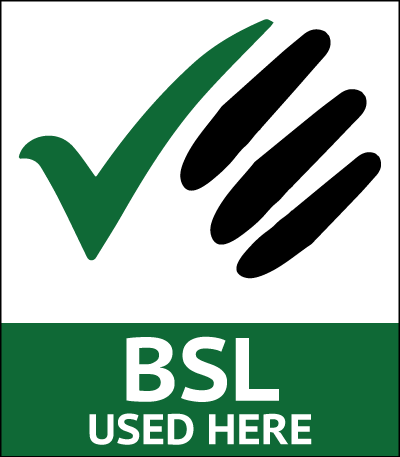Garden Bonfires
Bonfires, even small ones, can quickly get out of control.
We recommend that garden waste is composted or disposed of through brown bin collection or your local recycling centre.
Domestic waste should not be burned.
What can be the problems?
Air Pollution
Burning garden waste produces smoke, especially if it is damp and smouldering. This will contain pollutants including carbon monoxide, dioxins and particles. Burning plastic, rubber or painted materials not only creates an unpleasant smell but also produces a range of poisonous compounds.
Risk to health
Although serious harm is unlikely if exposure to bonfire smoke is brief, bonfire smoke inhalation can cause problems for some people. It can particularly affect those with existing health problems, such as
- Asthma sufferers
- Bronchitis sufferers
- People with heart conditions
Safety risk
You should take care when burning waste because:
- Fire can spread to fences or buildings and scorch trees and plants
- Rubbish may contain bottles or cans that can explode when burnt
- Piles of garden waste are often used as a refuge by hibernating wildlife and sleeping pets
Respect your neighbours
The smoke, smuts, and smell from bonfires are the subject of many complaints to local authorities. Smoke prevents your neighbours from enjoying their gardens, opening windows or hanging washing out, and reduces visibility in the neighbourhood and on roads. Allotments near homes can cause particular problems if plot holders persistently burn waste.
Where a neighbour is causing a problem by burning rubbish, the law is on your side. Under the Environmental Protection Act (EPA) 1990, a statutory nuisance includes “smoke, fumes or gases emitted from premises so as to be prejudicial to health or a nuisance”. In practice, to be considered a statutory nuisance, a bonfire would have to be a persistent problem, interfering substantially with your well-being, comfort or enjoyment of your property.
Conditions that may give rise to a statutory nuisance could be:
- Smoke entering people’s houses.
- Smoke blowing across gardens and preventing normal use of the garden.
- Smoke affecting peoples’ washing.
- Hot ash and cinders landing on properties.
- An occasional bonfire (unless it burns causing smoke nuisance to you for a long time or gave rise to particularly noxious emissions) would not be considered a nuisance.
- If a bonfire of industrial/commercial waste is emitting black smoke it is an offence under the Clean Air Act 1993.
It is an offence for factories and trade premises to emit dark smoke from their chimneys under the Clean Air Act 1993 except when it is unavoidable (e.g. on lighting up). Current technology should allow efficient combustion, free of dark smoke at all times. Dark smoke emissions from open burning (bonfires) on industrial or trade premises (including demolition sites) or agricultural land is also prohibited, except in very limited circumstances. “Dark” smoke is a shade of grey defined by law.
If your neighbours are having a bonfire and you are bothered by smoke, approach them and explain the problem. You might feel awkward, but they may not be aware of the distress they are causing. Hopefully, they will understand and be more considerate in the future. If talking to your neighbours fails, contact your local council’s environmental health department. They must investigate your complaint and can issue a nuisance abatement notice under the Environmental Protection Act.
Do you wish to report a bonfire problem?
Contact your local authority.
If you decide that you are going to burn, please notify us by calling our control room on 01931 522 006.
This will help avoid false alarms and crews being sent out unnecessarily as well as ensuring we are ready to respond in the event of a burn getting out of control.

